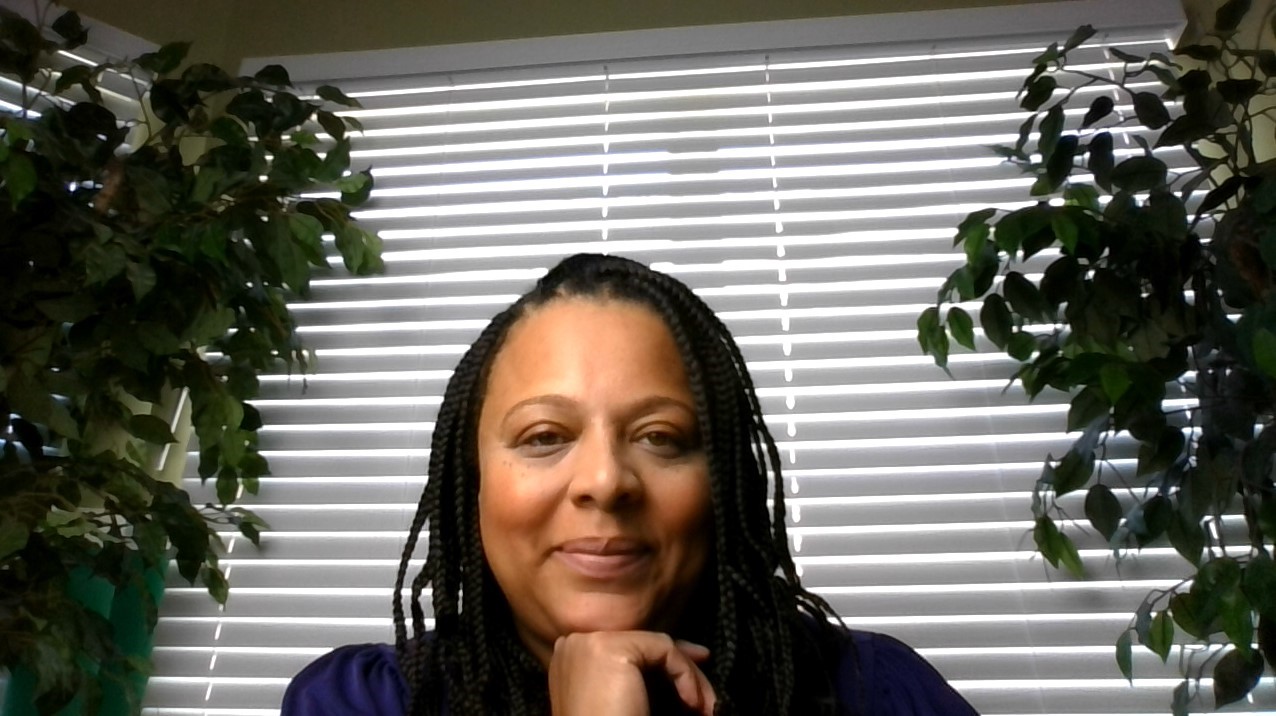The U.S. is reeling from the economic impact of COVID-19. Thousands have been laid off or furloughed and those that were looking for work prior to the pandemic are having greater difficulty as many employers are struggling to stay open for business. Some have also lost friends and loved ones to COVID-19.
For many, current events represent the most difficult period of their lives.
Dr. Alice Prince is a workforce activist and consultant operating in St. Louis, Missouri. Dr. Prince is helping many people cope with tragedy while continuing to move forward with their job hunting and entrepreneurship efforts. Resiliency is a skill that anyone can acquire. Here are six ways to develop resiliency during hard times.
Learn to Feel Uncomfortable Without Suffering
Every human being is capable of dealing with a significant amount of stress. One’s margin to manage stress can fluctuate based on past experiences and mental fortitude.
Resilient professionals learn how to view their discomfort with a sense of curiosity and optimism, notes Dr. Alice Prince. They can detach from their negative emotions and examine them rather than become preoccupied with the negative thoughts.
For those that have experienced trauma, they may need the assistance of a mental health professional to process those traumatic memories. Even in therapy, many therapists focus on helping their patients practice gratitude, mindfulness, and determination (such as a trauma therapy clinic in Redondo Beach).
Accept that Circumstances are Always Changing
Change is inevitable. Often, that change is frightening and painful, such as being laid off from a job or losing a loved one.
But just as easily as things change for the worse, they often change for the better. Being resilient means accepting that things will always change. But humans can learn to anticipate that change and even become a positive force in that change once they accept the change.
Many of the negative changes humanity experiences come as a result of people denying and impeding necessary change, notes Dr. Alice Prince. Other times, change is to no one’s fault or credit — it’s just a part of life.
Don’t be Afraid to Reassess Your Goals
Hard times can be a perfect time in life to re-examine one’s professional and personal goals. Just as change externally is inevitable, so is internal change. With experience, resilient professionals learn to widen their perspective and align their values with their actions in a new context.
Some goals may relate to one’s career. With more widespread technology, many jobs have become irrelevant. But technology has also created enormous demand for new kinds of jobs. During difficult economic times, resilience may mean learning new skills and forging a new career, says Dr. Alice Prince.
Other goals pertain to one’s personal life. Resilience might mean losing toxic relationships that steal one’s positivity. Or it might mean changing one’s habits to improve personal health and wellness.
It is a healthy thing for people to refine their goals often. Tough times provide a unique context where everyone is faced with a new reality to which they must adapt.
Replace Blame with Building Relationships
As people begin to suffer, they often revert to blaming who or whatever they can. They blame politicians, bosses, ex-spouses, circumstances, or themselves. The truth is, there is often a lot of blame to go around after a crisis, but one can only control how they respond to difficulty.
As the tendency to blame creeps in, entire societies lose their ability to collaborate and solve problems together. Hard times are exactly those moments when people must come together to care for one another and repair what they can.
According to Dr. Alice Prince, one of the most important skills in resiliency is to learn how to build relationships. To forge relationships, one must be willing to listen and validate. People don’t have to agree with other people’s religious beliefs, political opinions, or general views on life. But they can ask questions, not interrupt, validate emotions, and ask permission to help.
While not everyone will be willing to build relationships during hard times, many will. These relationships can help professionals open up new opportunities — not just to find work or stay in business — but to also make a difference in their growing realm of influence.
Failure is Learning and Learning is Success
In general, many are afraid to fail. When times are difficult, failing can be even more frightening. But the truth is that failure provides valuable insights that one cannot gain from winning all the time.
The trick is to practice self-awareness and admit when failure occurs. Resilient professionals not only take ownership of their failures, but they also are not afraid of failures. They look for the lesson and they draw more fulfillment from a process of ongoing improvement rather than they do from constant success.
Central in the minds of resilient professionals is the reality that one can always be better. Many refer to this as a growth mindset. People that get excited about growing and over achieving are much happier and frequently accomplish more than their peers.
Focus on the Positive by Being Grateful
No matter how hard things get, things could always be worse. Instead of focusing on how bad things are (and how bad they could get), resilient professionals practice gratefulness. They intentionally combat negativity bias by itemizing all the good things around them.
One can be grateful for their possessions, relationships, personal accomplishments, or health. The more one practices gratitude, the more gratitude they feel about more things. Additionally, positive feelings that had at one point been miniscule now overwhelm them.
A positive outlook will improve one’s approach to problems. Instead of being overwhelming, they become exciting challenges that develop the individual. One cannot achieve resilience without large doses of gratitude, says Dr. Alice Prince.
Image Source: Image provided by Dr. Alice Prince
Related Categories: Health, Reviews








